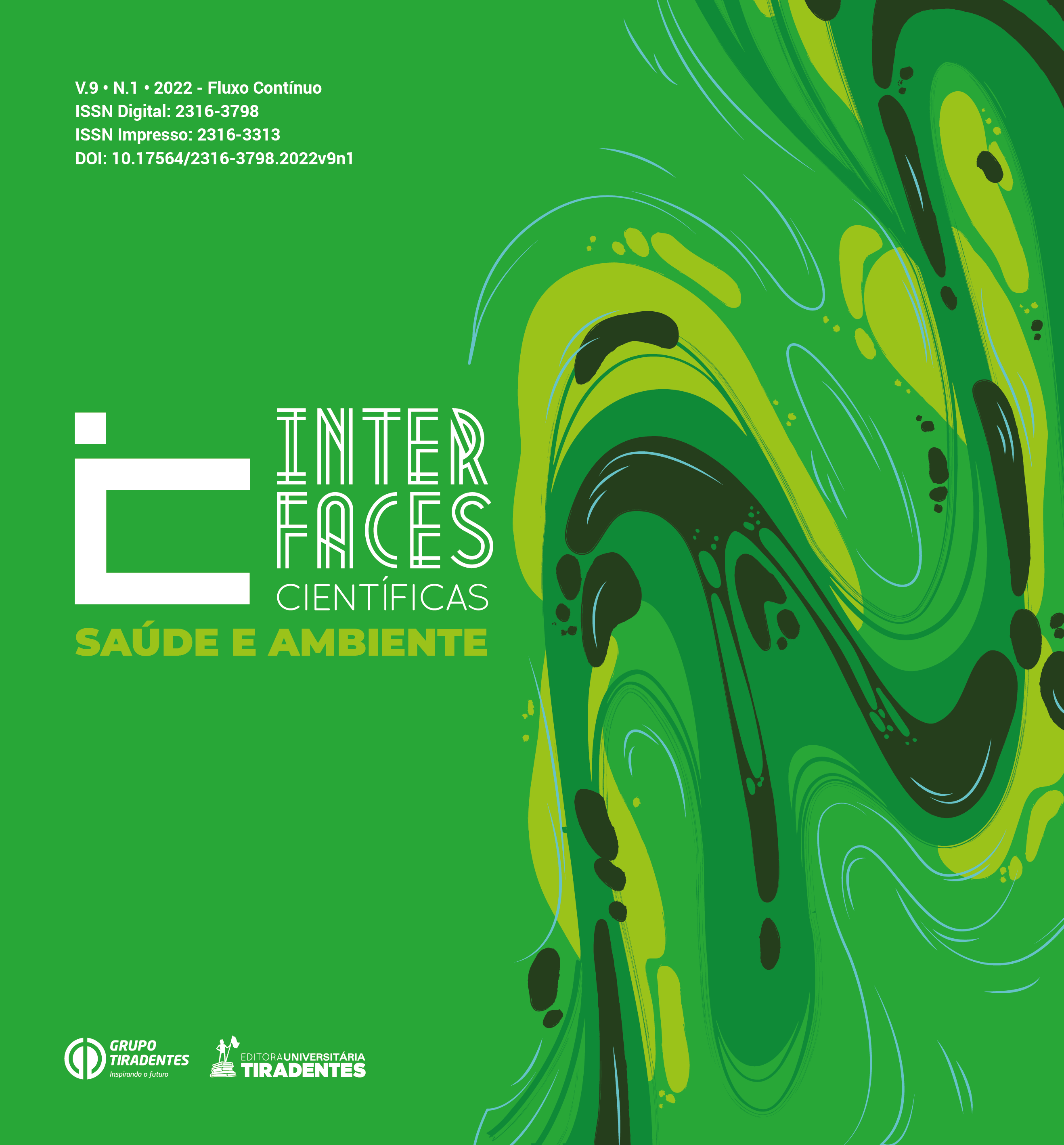Epidemiological profile of oncological patients and their companions assisted by a support house
DOI:
https://doi.org/10.17564/2316-3798.2022v9n1p257-272Published
Downloads
Downloads
Issue
Section
License
Copyright (c) 2022 Interfaces Científicas - Saúde e Ambiente

This work is licensed under a Creative Commons Attribution-NonCommercial 4.0 International License.
Autores que publicam nesta revista concordam com os seguintes termos:
a. Autores mantêm os direitos autorais e concedem à revista o direito de primeira publicação, com o trabalho simultaneamente licenciado sob a Licença Creative Commons Attribution que permite o compartilhamento do trabalho com reconhecimento da autoria e publicação inicial nesta revista.
b. Autores têm permissão e são estimulados a distribuir seu trabalho on-line (ex.: em repositórios institucionais ou na sua página pessoal), já que isso pode gerar aumento o impacto e a citação do trabalho publicado (Veja O Efeito do Acesso Livre).
Abstract
The study aimed to outline the epidemiological profile of cancer patients and companions in a support home. Descriptive, quantitative, cross-sectional study carried out with users and their companions, assisted by a support house in the city of Uruguaiana, Rio Grande do Sul/Brazil, between May and June 2021. Questionnaires were applied to characterize the users and their companions , together with the Patient Health Questionnaire-9 (PHQ-9) instruments, with the assessment of the frequency of signs and symptoms of depression, and the Zarit Burden Interview Scale, referring to the assessment of caregiver burden. Among the total number of users (n=17), they were female (64.7%), with incomplete elementary school (47.1%) and family income of 1 minimum wage (64.7%). The most frequent neoplasm was breast cancer (29.4%) and the radiotherapy treatment modality (41.7%), with a positive indicator for depression (60%). Regarding the companions (n=13), most of them have no other job besides being a caregiver (84.6%) the time of full care predominates (69.2%), with a light overload degree evident (46.2 %). It is concluded that cancer affects both the cancer patient and his companion, and reinforces the fundamental role of support and reception offered by the institution.
DESCRIPTORS: Medical Oncology. Caregivers. Charities. Quality of Life.




















